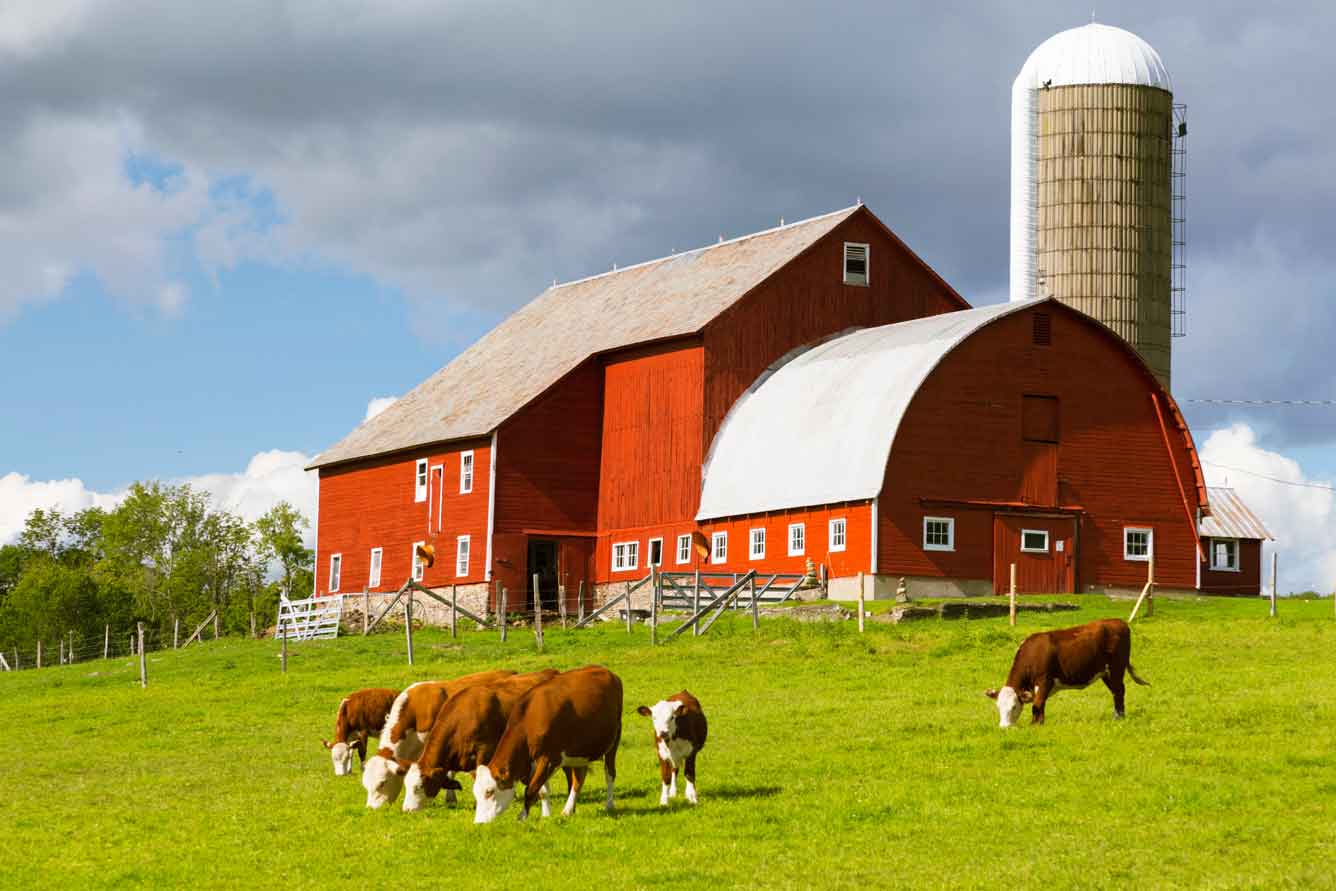How to talk about farm animals in English

The English language has a lot of words for talking about farm animals. You probably already know the names of the most common Western farm animals – horses, cows, chickens, pigs, sheep, and so on. But we also have specic words for male animals, female animals, the young ones, groups of animals, and so on. Let's learn about those terms:
Horses
Most English speakers just call an individual horse a "horse", but there are also specific terms that people who deal with horses use:
- A baby horse is a foal.
- A young male horse is a colt and a young female horse is a filly.
- After they reach adult age and size, a male is called a stallion and a female is a mare.
- A group of horses is called a herd.
Cows
In English, we commonly use the word "cow" to talk about all of the big grass-eating animals that farmers and ranchers raise for milk and beef. But technically, "cow" is only the word for the femaies. Here are more details:
- Cattle is the technical word for a group of these animals. Strangely, there's not a good word to talk about a single animal. Farmers might count cattle by calling them like "a head of cattle" or "three head of cattle".
My uncle raises cattle. He has I think about twenty head.
- As mentioned before, a female is called a cow. A male is a bull.
- A baby is a calf.
- A group of cattle is a herd.
- As you probably already know, the meat from cattle is called beef.
Pigs
- A baby pig is a piglet.
- A female pig is a sow. There are two words for a male pig: hog and boar. There's a technical difference between these two words, but most English speakers don't know the difference. When we hear "boar" we may think of a wild boar, which is the wild version of a pig.
- Pig meat is pork.
- Pigs are also called swine. The word "swine" sounds very negative, though. Somone who doesn't eat pork might say something like:
I don't eat swine.
Sheep
Sheep are interesting because the same word is used for both one animal ("a sheep") and more than one ("sheep"). Here are some other details:
- A baby is a lamb.
- A female is a ewe (pronounced like "you"). and a male is a ram.
Do you keep the rams and ewes together, or do you separate them?
- A group of sheep is known as a flock.
- Lamb is also the word that we usually use to talk about sheep meat.
Do you want beef, lamb, or chicken?
- People who raise sheep have a special name, too. They are called shepherds.
Chickens
- A female chicken is a hen. A male is a rooster.
- A baby chicken is a chick. The babies that have just come out of their eggs can also be called hatchlings.
- You can call a group of chickens a brood, but that word is not very common.
- Chicken meat is just called chicken, but a general term for the meat of any kind of bird is poultry.
Geese
- The singular is goose and the plural is geese.
- Geese travel in flocks.
Hey, look at that big flock of geese!
- A male goose can technically be called a gander while the female is a goose. "Goose" is also the common word for both males and females. People don't talk about "ganders" very often, except in a famous proverb, "What's good for the goose is good for the gander," which means that the same things are good for both men and women.
- A baby goose is a gosling.
Ducks
Ducks have technical terms for males, females, and babies, but these terms are not widely used.
Turkeys
Turkeys also have technical terms but they're not well-known to most English speakers.
Print this List




